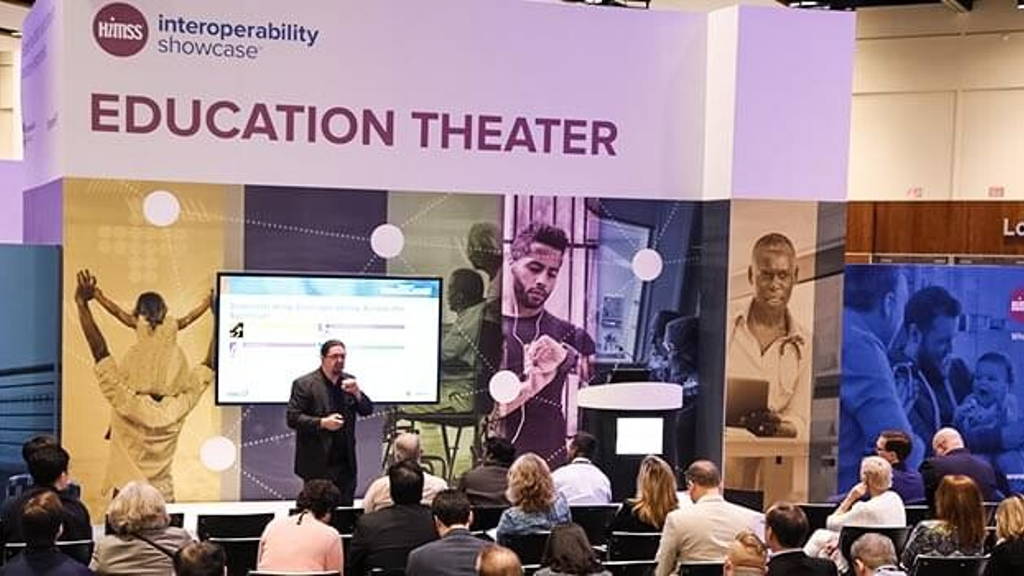Held Feb. 19–23 in Orlando, Fla., HIMSS17 brought together health IT professionals, clinicians, executives and vendors from around the world showing al lot of IT technologies. The 34,000-square-foot Interoperability exhibition displayed in real-time, the exchange and use of data through interoperability profiles and standards with live products currently in the marketplace. The showcase featured interoperability use cases related to surgery and recovery, diabetes management, connected care, childbirth and federal health architecture initiatives, among others.
Additionally, more than two-thirds of showcase attendees were clinicians, healthcare leaders (C-suite, VP, etc.), government and IT professionals – underscoring the importance of interoperability education among practitioners and decision-makers, HIMMS states on it’s website. HIMSS is a global, cause-based, not-for-profit organization focused on better health through information technology
Furthermore, interoperability allows individuals, families and healthcare providers to have appropriate access to health information that facilitates informed decision-making, supports coordinated health management, allows patients to have an active role in their healthcare and improves the overall health of populations.
Despite these clear benefits, interoperability remains a challenge in healthcare – underscoring the need for continued resources, tools and education.
Significant increase
Out of some 1,300 exhibits and over 300 education sessions covering topics, such as government and policy, cybersecurity and new payment models, approximately 7,500 attendees prioritized the HIMSS Interoperability Showcase, a significant increase over the year prior. Total visits to the showcase exceeded 10,000, with visitors staying for an average of 20-60 minutes, far longer than the industry average of seven minutes spent at most exhibitor booths.Additionally, more than two-thirds of showcase attendees were clinicians, healthcare leaders (C-suite, VP, etc.), government and IT professionals – underscoring the importance of interoperability education among practitioners and decision-makers, HIMMS states on it’s website. HIMSS is a global, cause-based, not-for-profit organization focused on better health through information technology
Interoperability one of biggest challenges
Interoperability remains one of the biggest challenges – and opportunities – facing healthcare today. It enables health information systems to work together within and across traditional organizational boundaries to effectively deliver healthcare to individuals and communities.Furthermore, interoperability allows individuals, families and healthcare providers to have appropriate access to health information that facilitates informed decision-making, supports coordinated health management, allows patients to have an active role in their healthcare and improves the overall health of populations.
Despite these clear benefits, interoperability remains a challenge in healthcare – underscoring the need for continued resources, tools and education.






